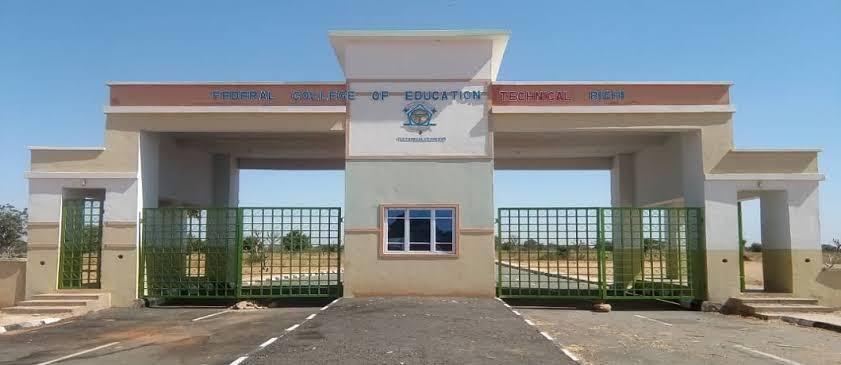Fce Review 2025: Accredited Courses, Facilities & Achievements
Curious about what the Federal College of Education (FCE) offers in 2025? Whether you're eyeing an NCE program or degree conversion, this review gives you a clear snapshot of its academic offerings, infrastructure, and impact.
1. Approved Courses at FCE
FCEs nationwide offer a broad array of NCE programs tailored for teacher training, covering the following categories:
-
Education-focused Courses: Curriculum Studies, Educational Psychology, Guidance & Counselling, Educational Administration.
-
Arts & Social Sciences: Religious Studies, History, Social Studies, Theatre Arts, Music.
-
Science & Technical Courses: Biology, Chemistry, Physics, Integrated Science, Mathematics Education, Agricultural Science, Home Economics.
-
Vocational & Business Education: Business Education, Computer Education, Technical Education fields (e.g., electrical, auto, building tech).
-
Languages: English, French, Hausa, Igbo, Yoruba, Arabic.
-
Special Needs Education: Offered at Specialized campuses for hearing, visual, and physical impairment training.
-
Degree Programs: Many FCEs offer B.Ed degrees through affiliations with universities like UI, ABU, OAU.
2. Infrastructure & Learning Facilities
FCE campuses in 2025 are not just lecture halls—they’re full-fledged learning hubs featuring:
-
Smart Classrooms & Lecture Halls: Equipped for interactive, tech-enabled instruction.
-
Libraries & E-Resources: Central libraries with physical texts, digital journals, and study spaces.
-
ICT Labs & E-Learning Centers: Support for virtual learning and modern instructional practice.
-
Science & Technical Laboratories: Practical labs for STEM and vocational trainers.
-
Hostels & Student Services: Accommodation with health clinics and recreational sports facilities.
-
Teaching Practice Units: Structured platforms for student teachers to gain real-world teaching experience.
3. Major Achievements & Upgrades
FCEs continue to shape Nigeria’s education sector with stellar impact:
-
Half a million teachers trained since inception, ensuring a steady supply of qualified educators.
-
Academic Affiliations: Many FCEs now award B.Ed degrees through partnerships with top universities like UI (Abeokuta), ABU (Zaria), and OAU (Ondo).
-
International Collaborations: Joint programs with UNESCO, TETFund, and the British Council enhance training and research delivery.
-
Digital Advancements: Adoption of online registrations, smart-class systems, and e-learning platforms is widespread as of 2025.
-
Inclusive Education Leadership: FCE (Special), Oyo is renowned for inclusive and special-needs educational training—one of Africa’s few dedicated institutions in that domain.
-
Alumni Success: Graduates are making waves—some topping classes during degree conversion, others advancing into leadership roles across Nigeria’s educational landscape.
Summary Table
| Feature | Highlights |
|---|---|
| Course Offerings | Diverse NCE programs (Education, Science, Vocational, Arts, Special Ed) + affiliated degree options |
| Facilities | Smart classrooms, libraries, labs, ICT hubs, hostels, health services |
| Affiliations | Collaborative programs with top universities for degree pathways |
| Achievements | Massive teacher output, strong alumni presence, international partnerships, and digital integration |
Conclusion
The Federal College of Education (FCE) continues to stand out in 2025 as a pillar of teacher training in Nigeria. With a rich array of accredited courses, modern infrastructure, meaningful affiliations, and a legacy of contributions to the education sector, FCE remains an excellent choice for future educators.
Whether you're aiming for a practical NCE or a pathway to a B.Ed degree, FCE offers affordability, quality, and versatility all in one package.













